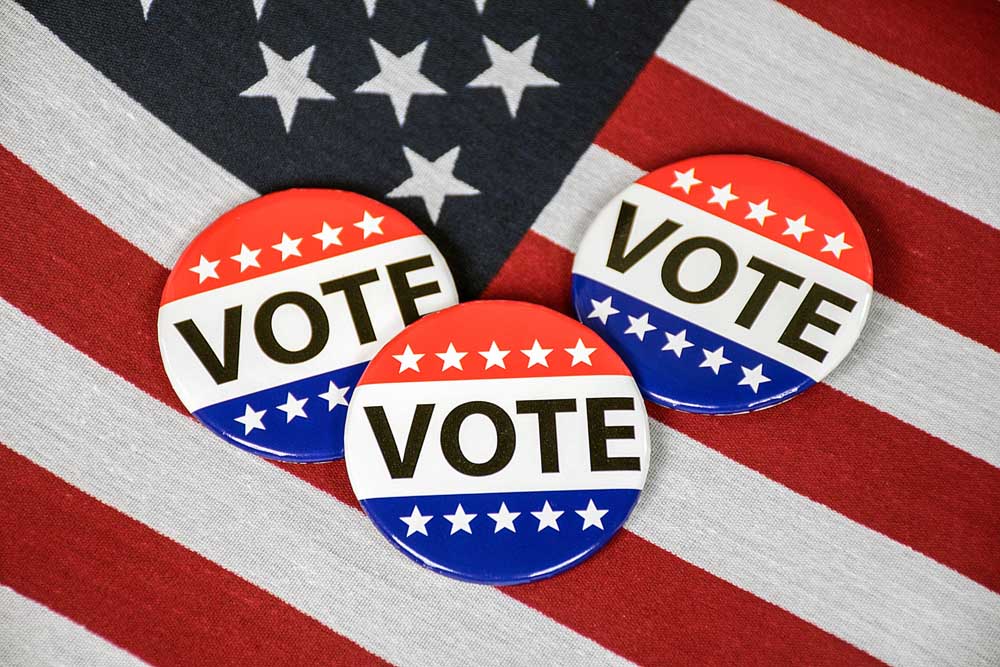Editorial: Measure 117 switches Oregon to ranked choice voting
Published 5:00 am Wednesday, October 9, 2024

- Vote
The vote on Measure 117 would transform the way Oregonians vote and institute ranked choice voting.
Supporters say it gives voters more power, will ensure a candidate with a majority of support wins, and might help more moderate candidates succeed.
Trending
It’s endorsed by many unions, Oregon’s League of Women Voters, and Oregon’s American Civil Liberties Union. It’s already being used in Benton County and Portland.
Critics say it’s confusing change, adds unnecessary complication to voting and would be expensive to implement. Some of Oregon’s county clerks, including Deschutes County Clerk Steven Dennison, have expressed concern about the expense of implementing the system. The Oregon Republican Party opposes it. The Oregon Democratic Party clearly takes a position on some ballot measures — but not this one.
What is ranked choice voting?
Imagine there are three candidates for governor: Cookie Monster, Oscar the Grouch and Big Bird. You vote as you normally do, but you can rank them in order of preference. If Big Bird got more than 50% of the votes in the first round, Big Bird wins. If no candidate got more than 50% of the voters, the candidate with the least number of voters would be eliminated. People who voted for that candidate would be switched to their second preference. It wouldn’t take many iterations with only three candidates. In larger races, it would take more rounds before one candidate had more than 50% of the vote.
Yes, it is more complicated. Yes, it would take more explaining before voters get the hang of it. Yes, there would be additional expenses in switching.
But a key advantage is that more moderate candidates may do better because of the requirement to earn more than 50% of the vote. Now, candidates in crowded primaries can take office with much less than that. Voters may also feel they have more freedom to express how they feel about candidates when they vote.
Trending
It wouldn’t apply in every race. It could apply in local races. It would not apply in races for the state Legislature. It would apply for most everything else.
If Measure 117 passes, it wouldn’t go into effect until 2028, so there would be time to adjust. A “yes” vote makes the switch. A “no” vote keeps things like they are.
Will it improve the way Oregonians are governed?
There’s no way to test that.








